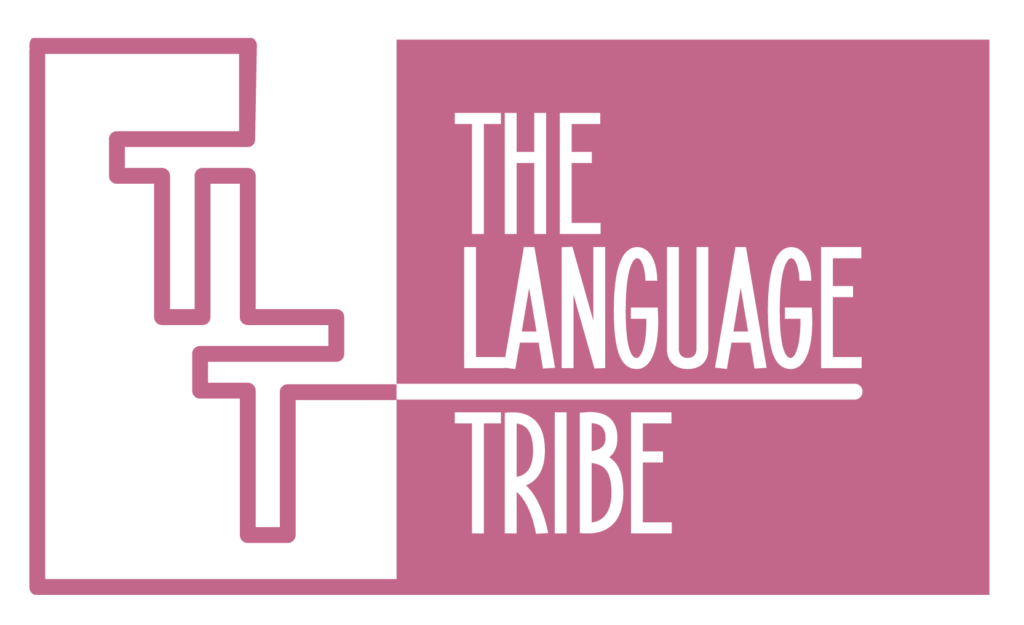The DSA interview: how parents can help their children ace it with confidence

It’s that time of the year again, when Primary 6 students and their parents will be preparing for the DSA (Direct School Admissions) exercise.
Many may have already started gathering accolades and achievements to add to the application. Others may adopt a ‘let’s just submit and who knows’ perspective. Either way, the entire DSA journey, from the day your child decides to embark on it to the day your child receives the final offer, can be a stressful one. Combine that with the preparation for PSLE, and you can imagine how nerve-wracking the entire process can be.
That is why I am sharing my daughter’s and my DSA journey in 2022 in this post. I hope that through this, I can help other students and parents better understand what to expect and how to prepare.
Application - things to take note of
DSA applications usually happen around May. There is a template that can be downloaded so that parents can pre-fill the details before filling up the online form. The form:
a. Allows the child to apply for three schools.
b. Has a limit of 10 entries to enter supporting information – non-school based awards/activities such as participation in competitions, external activities that showcase various talents or skills.
c. Each entry allows for a brief text-based description of not more than 300 characters.
One important thing that parents have to consider is how to position your child in the best way. Hence, some homework needs to be done:
a. Research and decide on the three schools that your child is interested in.
b. Collate all of the child’s past experiences in the talent area you are applying for
c. Prepare a draft to make sure you meet the submission’s criteria.
d. While it is a little late at this point, it may still be possible to:
i. Talk to fellow parents and find out about their DSA experiences.
ii. Talk to the coaches or trainers who have experience in helping other students in their DSA journey. Finding out what the schools are looking for in DSA students will give you a good idea of whether the school is a good fit for your child.
When looking through DSA applications, do teachers-in-charge look at results? Definitely! Besides primary 5 and 6 results, they would also look at your child’s school-based activities such as CCA, Values In Action (VIA) involvement, National School Games and so on.
Trials & Interviews - how to prepare
Depending on the schools’ requirements, some talent areas such as sports and performance arts might require trials. This is the chance for students to showcase their potential in their own elements, hence being focused and having a good rest the night before is of utmost importance. This way, the student can be in their best form.
The interview, however, is another matter. Think of it like a job interview that we go through. Even as adults, having to be interviewed by unknown individuals can be highly nerve-wracking for us. If we as adults get nervous before any job interview, imagine the anxiety that P6 students go through before any DSA interview and speaking to complete strangers!
If we as adults would prepare for a job interview, then P6 students would also have to prepare for their DSA interviews. Being prepared would help them to manage their anxiety as they know how to respond to different questions, even unexpected ones.
Preparing for the interview
There are educators who conduct DSA workshops for this purpose. However, make sure that these are not just workshops that teach the theory, but also provides in-depth guidance on:
a. How the child should answer different questions that reflects his or her passion for the talent area
b. How to tackle the nerve-wracking interview process
My daughter and I did attend a 6-hour DSA workshop where the speakers spoke about what to expect, the different questions that might be asked, and how the child should answer them. The workshop also invited success stories to share their experiences.
The workshop was a good starting point. The success stories who shared during the workshop all sounded very eloquent. However, I had to keep in mind that these students would have gone through some training in order to get to where they are. It was not something that a 6-hour workshop could achieve. This meant that any preparation for interviews needed to be more in-depth.
Fast forward to the day my daughter received her first interview invite. We knew it was going to be an intensive period, as it coincided with the Oral Prelims. However, she knew I had her back. Here’s what we did to prepare for what would be a very nerve-wracking experience for a 12-year-old child.
a. Create a Google document with possible questions where my daughter could draft out her own personal responses for the school she was going to be interviewed at.
b. While drafting the questions, she had to research the school’s website to understand their mission, values and so on.
c. Craft her personal attributes and passion so it aligns with the school’s mission, values and so on, along with examples.
Yet in reality, not many P6 students would be able to do Point C and my daughter was one of them. My daughter gave superficial answers that lack examples and justification, for example: One of the school’s vision is having ‘a passion for learning’. The fact that I love learning makes me a good fit for the school.
Hence, I had to sit her down, ‘interview’ her to get real-life examples that could be used to support her responses. Then, I helped her craft her responses, in point form, in a way that would showcase her positively.
Once that was done, we did several rehearsals before the interview. We also summarised the key points, so that it would be easier for her to remember should she be overwhelmed by the nerve-wracking experience
We were lucky that she secured three interviews. For each interview, we went through the same process, while making sure that the responses were tailored for each school.
The entire DSA interview process may be stressful for the child. However, one benefit of it is that it is a good way to train the child to speak in front of strangers. By the time they sit for the PSLE Oral before examiners they are seeing for the first time, the child would find it easier to tackle any jitters they might feel.
Being our children’s biggest supporters
The DSA trials and interviews are conducted as the P6 children are preparing for the school prelims and PSLE Oral. Hence, it is critical for us parents to be our children’s greatest supporters.
I am very blessed to be able to support my daughter last year, when she went through three DSA interviews, received two offers and finally made it into the school of her choice. The journey was tedious and tiring. The happiness in her eyes, however, made it all worth it. The tremendous relief I felt when I opened that final letter of acceptance on Results Release Day last year was beyond words.
I would like to help your child too... Introducing the DSA Empower Programme.
For just S$147, let me help your child prepare for the DSA interview. Here’s what your child will get:
- Access to a Google document where we will co-create your child’s responses to typical interview questions.
- 30-min online ‘interview’ session with your child to gather information about your child’s real-life experience, to help enhance the draft interview responses
- 30-min online mock DSA interview with immediate feedback
- Any additional 30-min online mock DSA interview = $25 per session
Drop us an email or DM us on Instagram to find out more!
Recommended Posts
-
The DSA interview: how parents can help their children ace it with confidence
-
Why we Should Teach our Secondary School Children Project Management Skills
-
10 Tips to Boost Critical Thinking in Kids, Tweens, and Teenagers
-
5 Tips to Get Back to a Learning Mindset Post-vacation
-
What to Keep in Mind When Asking Your Child About Their Day
